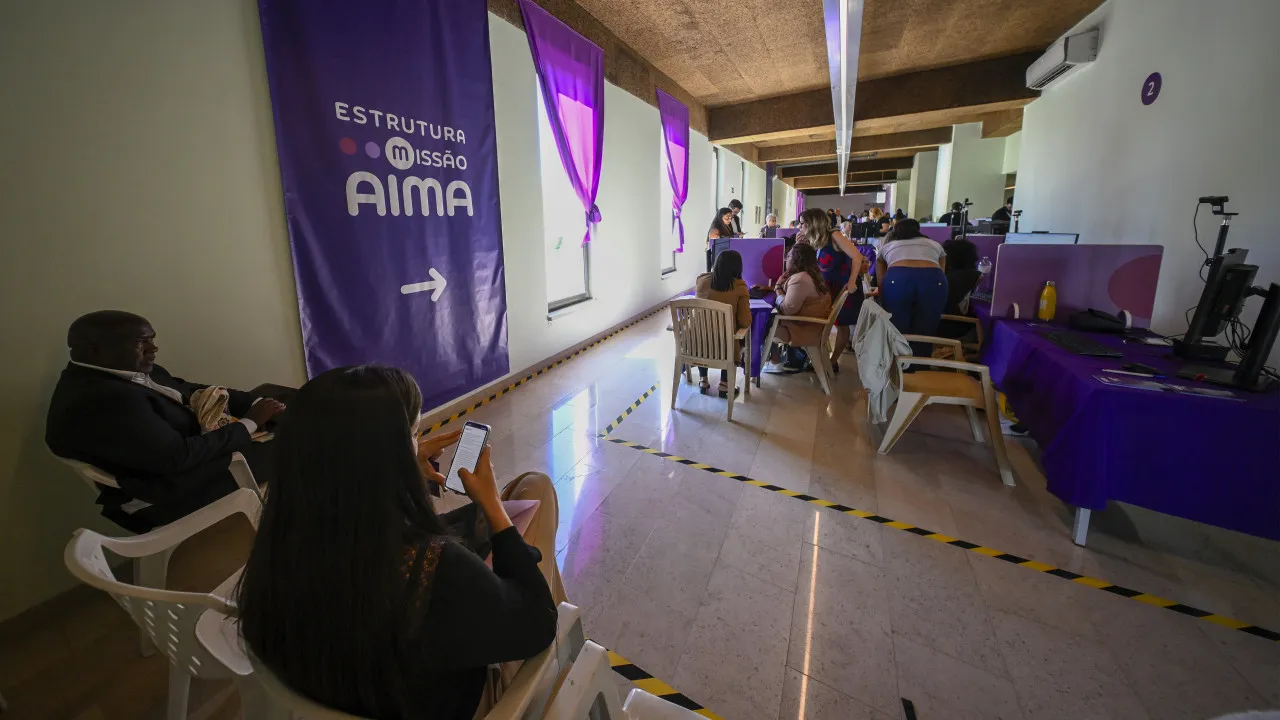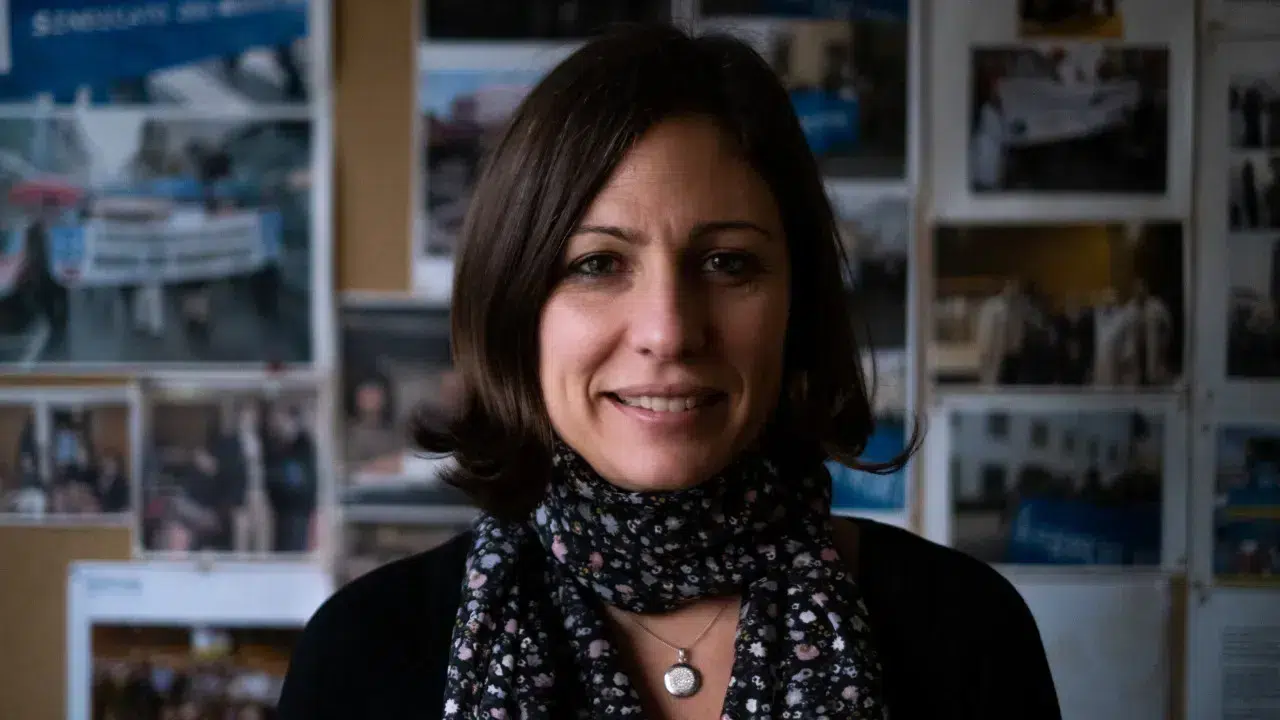Around 70 tractors and other vehicles began a slow march from Bombarral to Caldas da Rainha, in the district of Leiria, at 8.45am, in protest at the problems facing agriculture.
“Enough of millionaire profits at the expense of production”, “Our end is your hunger”, “the end of today’s agriculture is tomorrow’s hunger”, read some of the posters that the farmers carry on their vehicles.
There are also other phrases, such as: “Fairer prices for producers and consumers”, “We are in mourning”, “Don’t let agriculture die”, “Without agriculture there is no future”, “More respect for farmers”, “If the farmer doesn’t plant, the city won’t eat”, “Don’t kill those who starve you” or “We demand fair competition in imports”.
“More and more we are going backwards as producers,” lamented Davide Silva, one of the demonstrators.
For this 30-year-old farmer, the sector is producing less and less because of “low prices”, the “withdrawal of products from the market” in favor of others from outside the European Union and the difference in prices paid to the producer and the consumer, leaving the profit margins to the big retailers.
Marco Nobre, 37, decided to join the protest “because of the way farmers have been treated by the current government”, highlighting among the main problems the “unfair competition” from non-EU products entering national markets and the bureaucracy in licensing irrigation projects.
Problems also felt by Luís Aniceto, 48, which make it “increasingly difficult for producers to make a profit”.
Raquel Silva preferred to talk about the “lack of conditions for the production of rock pears, with a shortage of chemical products and the consequent difficulty in combating pests”, as well as the problems of disposing of wine given the high wine production.
This 34-year-old farmer explained that the farmers are not asking for subsidies, but for production aid with the availability of phytopharmaceutical products and IRS reductions so that they have a “working capital”.
“Agriculture is getting poorer by the day,” he said.
Dissatisfied with the inequality of food control rules between national and imported products and of prices between producers and consumers, Edgar Sousa, 45, sees no other future than “to protest because he has a son at agricultural school and sees no future for him and will have to close his company”.
“I’ve been a farmer for 50 years and I’ve never seen agriculture like it is now,” said 70-year-old João Duarte.
For the farmer, the fact that “producers are selling more and more cheaply and consumers are paying more and more is killing agriculture”.
The slow march is organized by the Civic Movement of Farmers of the Western Region, a spontaneous movement created among professionals in the sector in the region.
The farmers are marching slowly along National Road 8 towards Óbidos and Caldas da Rainha, where they will drive through the city center, passing in front of the Oeste office of the Regional Directorate of Agriculture and Fisheries of Lisbon and the Tagus Valley.








